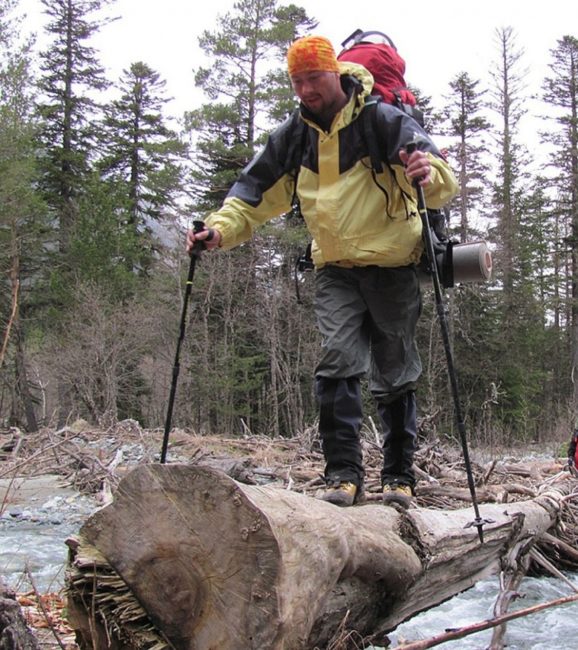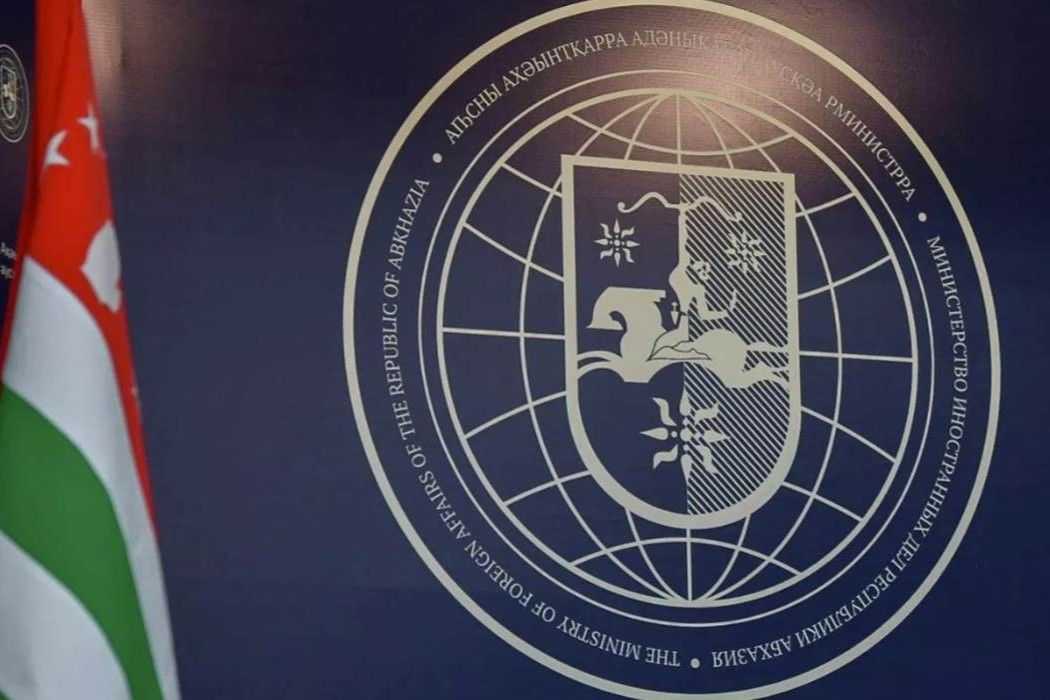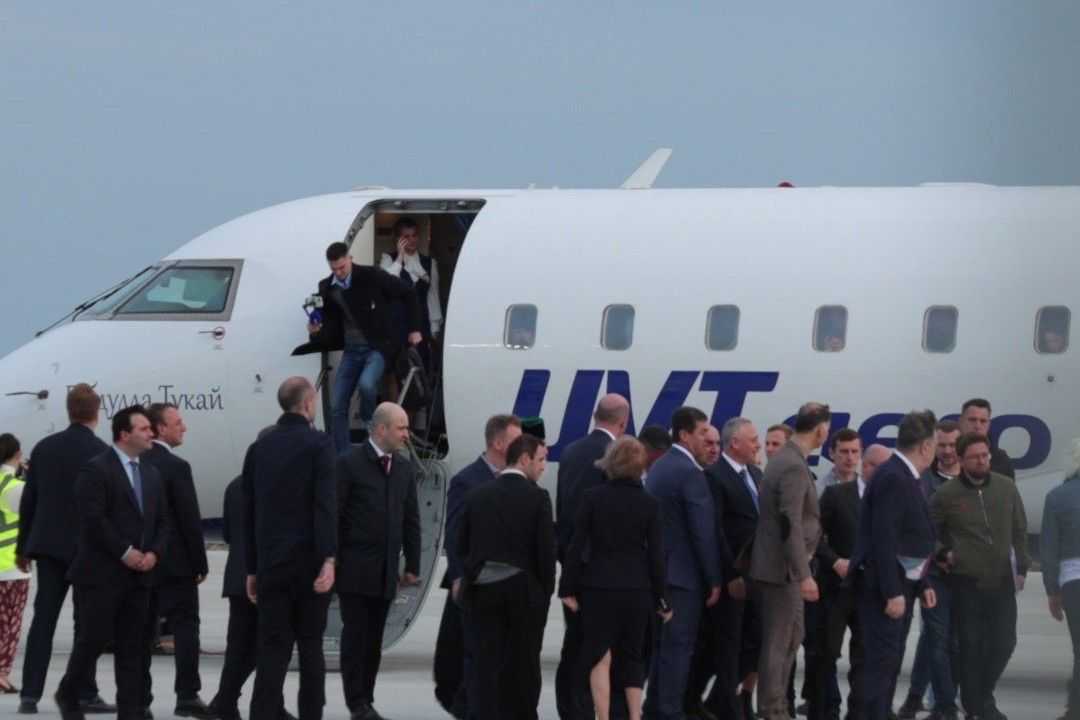

 On 13 July police arrested a number of people in the village of Primorskoye suspected of the murder of a Russian tourist in Abkhazia, Caucasian Knot reports.
On 13 July police arrested a number of people in the village of Primorskoye suspected of the murder of a Russian tourist in Abkhazia, Caucasian Knot reports.
Deputy Prosecutor General Eshsou Kakaliya didn’t specify the number of people arrested, but Russian news outlet RBC writes that according to their source in Abkhazia’s Interior Ministry, more than 20 people were arrested.
‘It is has not been established that any of them was involved in this case. Investigative measures are being carried out’, the source said.
Andrey Kabanov, a tourist from Moscow, was attacked by a group of armed people on 11 July on a beach in Gudauta. Kabanov tried to resist, but was stabbed twice in the chest; he died in hospital.
The Prosecutor’s Office reported on the same day that two armed people in masks had attacked a group of tourists from Moscow. They also reported that Kabanov was with his wife and two children and another family, Nikolay and Natalya Chizhikov with their two children.
The attackers abducted the wives and children of the men, but they were soon released. The attackers allegedly took rings, bracelets, cameras, and other items from the tourists.
Abkhazia’s Interior Ministry created a join task force to to coordinate the investigation comprising of the heads of the Interior Ministry and the State Security Service and chaired by the Prosecutor General.
On 12 July, the Interior Ministry announced a ₽1 million ($16,000) reward for information on the location of the attackers.
Abkhazia’s government has announced that they will pay compensation to the family of the victim and cover costs for transportation of the body back home. The amount of compensation was not specified.
Russian Ambassador to Abkhazia Semyon Grigoryev has requested that government ensure maximum security for Russian tourists.
‘I hope that the police in the republic will manage to identify the guilty and punish them in the shortest period of time. If this dangerous trend won’t change, Russia will work on additional steps’, he remarked.
On 12 July the embassy published a statement calling for Russian citizens to be more cautious while visiting Abkhazia.
‘The Embassy of the Russian Federation recommends that Russian tourists visiting Abkhazia exercise greater caution and vigilance, to avoid conflicts with the local population, not to visit uninhabited places, and not to leave children and personal belongings unattended’, the statement reads.
Raul Khadzhimba, President of Abkhazia, said that he had taken personal responsibility for the investigation.
On 13 July, Russia’s Federal Tourism Agency called for tour operators to inform their clients about the risks of travelling to Abkhazia. The agency also warned Russian tourists in Abkhazia to obey warnings from the Russian embassy and follow security measures.
For ease of reading, we choose not to use qualifiers such as ‘de facto’, ‘unrecognised’, or ‘partially recognised’ when discussing institutions or political positions within Abkhazia, Nagorno-Karabakh, and South Ossetia. This does not imply a position on their status.







